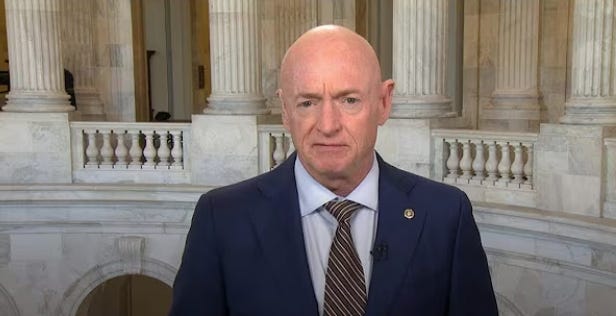A firestorm erupted after a video surfaced showing several Democratic lawmakers urging members of the U.S. military and intelligence communities to defy direct orders from the President. The message, delivered with stark urgency, ignited a furious response from former President Donald Trump, who accused the lawmakers of treasonous conduct.
Trump responded on his social media platform with a single, chilling phrase: “SEDITIOUS BEHAVIOR, punishable by DEATH!” The declaration immediately drew attention, escalating the already tense political climate and raising serious questions about the boundaries of dissent and the potential consequences for challenging presidential authority.
The video features Senators Elissa Slotkin and Mark Kelly, alongside Representatives Jason Crow, Maggie Goodlander, Chris Deluzio, and Chrissy Houlahan. Each lawmaker directly addressed service members and intelligence officials, asserting a “duty” to reject orders they deemed “illegal.”

Representative Deluzio, a Navy veteran himself, delivered a particularly pointed message: “You must refuse illegal orders.” This refrain was echoed by multiple lawmakers in the clip, reinforcing the call for potential insubordination within the ranks. They framed their appeal as a defense of the Constitution against perceived threats originating “from right here at home.”
Trump followed his initial post with another, demanding action against the lawmakers. He labeled them “traitors” and questioned whether they should be imprisoned, writing, “LOCK THEM UP???” The former President’s language underscored the gravity with which he viewed the situation and his demand for accountability.
Legal scholars have pointed to 18 U.S.C. § 2384, which defines seditious conspiracy as an agreement by two or more individuals to forcibly oppose the authority of the United States or obstruct the execution of its laws. The current maximum penalty for such a conspiracy is 20 years in prison.

However, Trump’s invocation of the death penalty appears to reference historical punishments for sedition and treason, particularly during times of war or national emergency. While the current legal framework does not allow for capital punishment in these cases, the former President’s statement highlights the severity of the alleged offense in his view.
As of now, it remains unclear whether any of the lawmakers will face charges. The Attorney General has yet to issue a statement regarding the situation or Trump’s accusations, leaving the nation to grapple with the implications of this unprecedented challenge to civilian-military relations.





